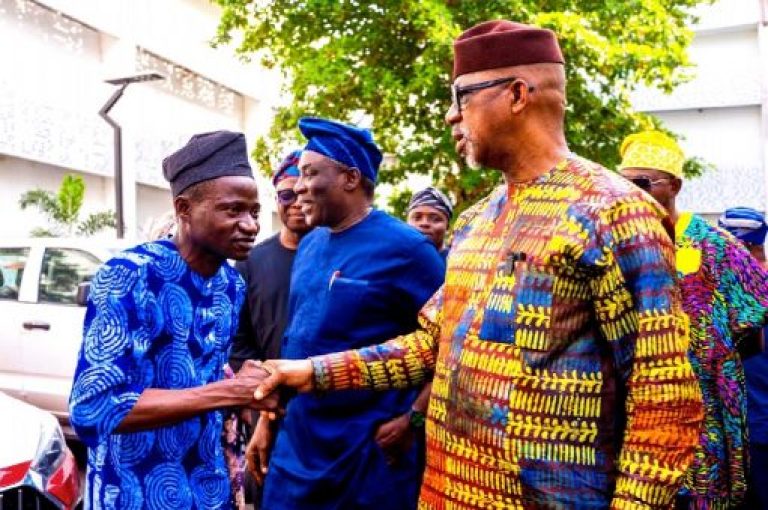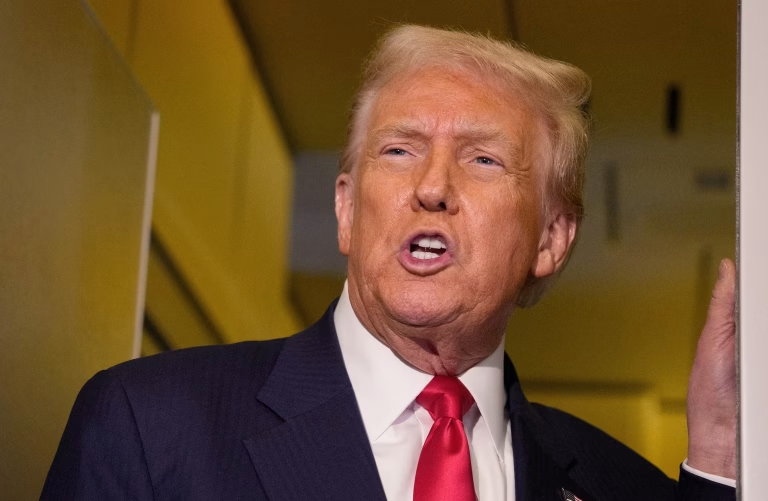
Education Minister Tahir Mamman has stated that the federal government is considering “new creative means” of funding higher education in the country.
According to The Nation, at the Nigerian Annual Education Conference (NAEC) currently taking place in Abuja, Mamman has hinted that universities will be given complete autonomy as a means to this end.
He added that President Bola Tinubu, who has promised to increase the education budget to 25%, ordered “the return of the 10.5 million out-of-school children to school at the expiration of his tenure.”
The sector received N1.79 trillion, or 8.2% of the total budget, in this year’s budget. The percentage is significantly less than the recommended 20%.
In Nigeria, SDG 4 calls for ensuring that all children of school-age have access to quality, inclusive, and equitable education by the year 2030.
Minister for Education also promised to close the gap between education policy rhetoric and actual results.
Mamman observed that despite the country’s abundance of sound educational policies, few were being put into effect.
The topic of discussion will be “Implementation of Education 2030 Agenda for Sustainable Development in Nigeria,” the title of the conference.
Stakeholders in Nigeria’s education system got together for this to figure out how to better teach students entrepreneurial and technical skills in the country’s public schools.
What Nigeria needed now, the minister told the stakeholders, was “action on the ground and not the policy declaration.”
He made the following statement: “Mr. President is determined, among other things, to initiate a new creative means of financing tertiary education by granting universities the autonomy to explore new sources of financing their activities.”
It is common knowledge that President Tinubu has made reforming the educational system a top priority.
The fact that this conference is happening so soon after I was sworn in as Minister of Education and at a time when my colleague, Minister of State(Education), Yusuf Sununu, and I are creating a template to define a strategic roadmap for the education sector, for which we will all be responsible once it is unveiled, only adds to my excitement.
To make this vision a reality, the Federal Ministry of Education must collaborate with all stakeholders in the education sector. The time for grand statements is over. Now is the time for action, not just words.
This conference gives me the chance to finally meet the people who are the backbone of Nigeria’s educational system and reaffirm my commitment to working with you to make significant improvements for the nation’s youth, working adults, and everyone in between.
“Your prompt response to the invitation to attend this event is a reflection of the value you place on the expansion of this industry in Nigeria.
The theme of this year’s conference, “Implementation of Education 2030 Agenda for Sustainable Development in Nigeria,” will remain timely and important as long as Nigeria is working towards and making progress towards the Sustainable Development Goals for 2030 and beyond, including the education-related indicators and goals of the African Union’s Agenda 2060.
Nigeria, as a signatory to both SDG 2030 and the African Union’s Agenda 2060, must show it is serious about progress towards these targets by taking the lead in and responsibility for implementing them. The SDGS ensures that the country’s planning and budgeting are consistent with the Education sector as one of the line sectors.
I’m relieved to see that the technical sessions are geared towards solving pressing problems in Nigeria’s educational system right now. President Tinubu’s goals for the higher education sector will be perfectly complemented by the upcoming discussions. Topics of discussion will include the Students Loan Fund, university autonomy, and the funding of higher education.
“Your discussions on improving entrepreneurial skills, vocational and technical education in Nigerian schools speaks directly to Mr. President’s vision of promoting technical and vocational education as a means of absorbing the millions of young school leavers who complete primary and secondary schools every year but cannot get admission to universities, other tertiary institutions, or employed with ease,” the president said.
The minister said, “We still have a long way to go” in regards to getting the 10.5 million children who are not in school back into class. Our policies aren’t producing the values we need, so we’re not providing the right education for the right kids in this country.
What we need, rather than policy declarations, is actual implementation. We plan to enter at this point, I can tell you that much.
We hope to close the gap between well-intentioned policymaking and practical results.
This is to set them up for success as independent business owners in the future. Everyone has the right to provide for their loved ones in a dignified manner.
The recent murder of a female nursing student at the Federal University, Oye-Ekiti (FUOYE), Atanda Deborah, prompted Mamman to express his dismay at attacks on educational institutions in the country.
According to the minister, the Vice-Chancellor of FUOYE has been ordered to coordinate with law enforcement in order to find the student’s killers.
Foreign, Commonwealth, and Development Office (FCDO) Education Adviser James O’Donoghue has stated that the United Kingdom is committed to helping Nigeria achieve the 2030 Sustainable Development Goals and guaranteeing that all children have access to a good education.







